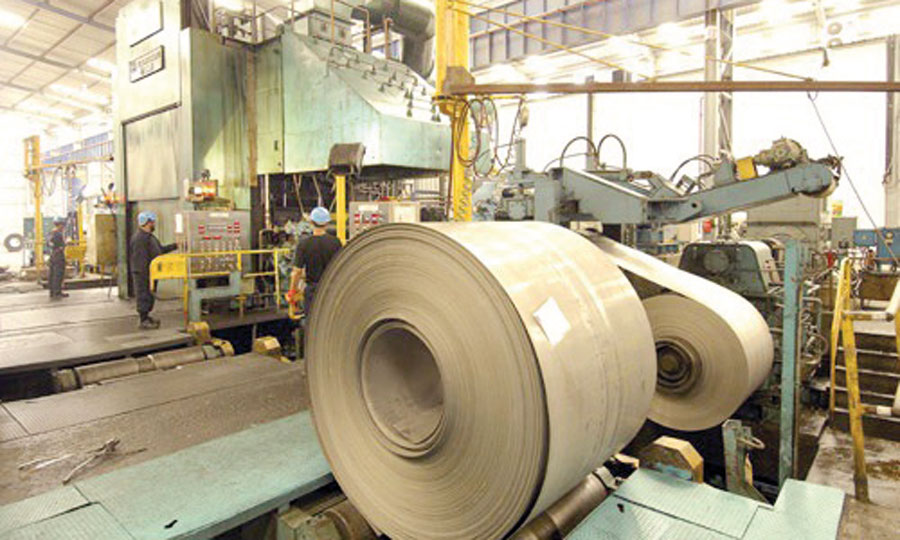Help! The nation’s steel-maker under threat from the pro-dumping lobbies!
Morocco’s industrial policy is unquestionably one of the most important issues currently facing the public authorities given its impact in economic, financial and social terms.
Reflecting on its
